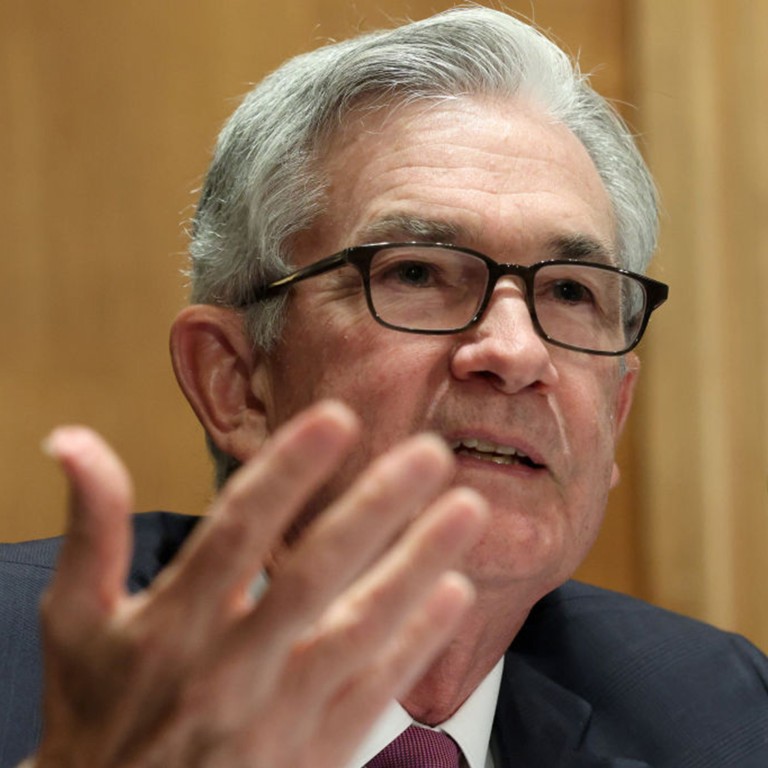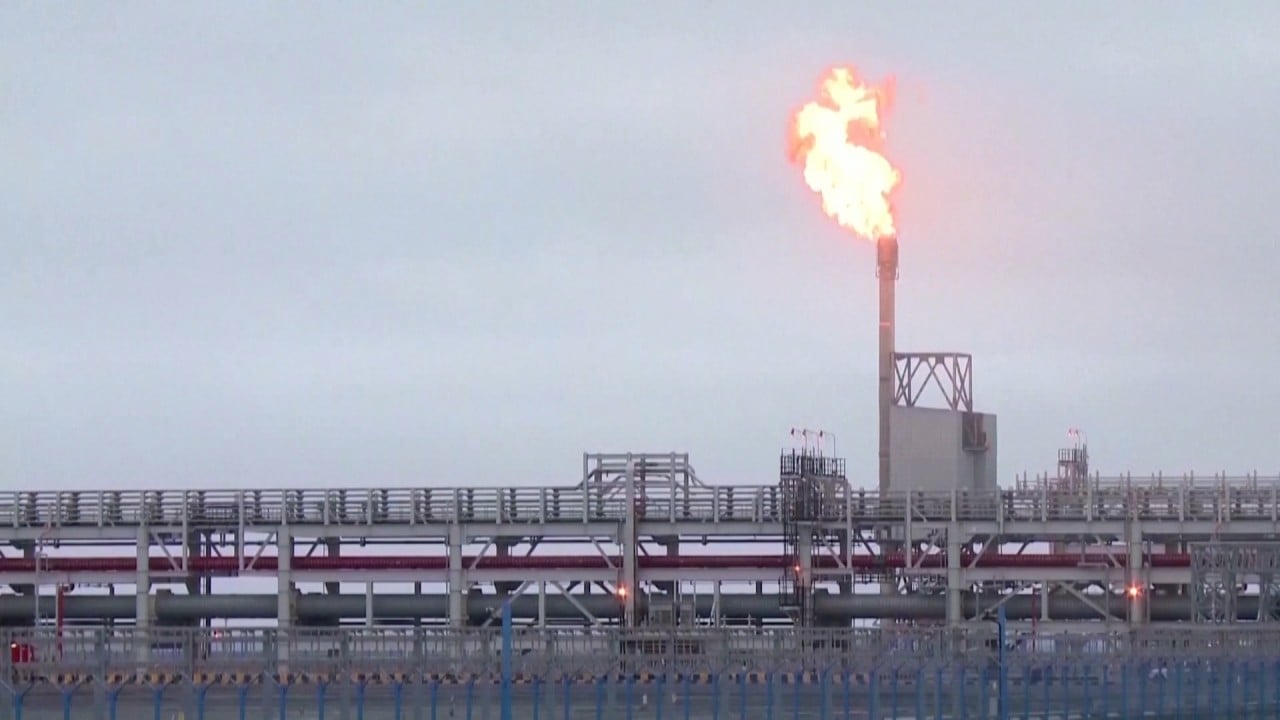
As recession fears grow, central bankers’ loose lips could sink global economic recovery
- It is crucial that central bankers are candid when it comes to assessing economic and financial risks that affect people around the world
- However, policymakers must choose their words carefully, especially when the global economy is facing multiple shocks and markets are in a state of turmoil
Bank of America’s monthly global fund manager survey was never intended to be a precise and accurate gauge of sentiment in financial markets. Yet, it does provide an indication of leading institutional investors’ views about the global economy and markets.
However, the results of the latest poll, which were published on Tuesday, show respondents are now more concerned about a recession. In a sign of the extent to which confidence in the world economy has collapsed, expectations about growth have plummeted to their lowest levels since the survey began in 1994.
More worryingly, leading policymakers are talking openly about the prospect of a recession. On May 5, Bank of England governor Andrew Bailey said he was unable to prevent inflation hitting 10 per cent this year and that Britain’s economy was about to experience a sharp downturn because of soaring energy prices.
To be sure, it is crucial that central bankers are direct and candid when it comes to assessing economic and financial risks that affect lives and livelihoods around the world. But while being candid is important, policymakers must choose their words carefully, especially at a time when the global economy is facing multiple shocks and markets are in a state of turmoil.
The last thing investors, businesses and consumers need to hear right now is that central banks are losing confidence in their ability to avert a recession. There is enough doom and gloom these days without policymakers adding to concerns about a severe downturn. Central banks are supposed to be a source of stability, not an amplifier of uncertainty.
A loss of confidence can easily become self-fulfilling. If influential figures in business and finance talk about an impending recession, it makes people more nervous about the future and prompts them to cut back on spending and increase their savings. Countries can talk themselves into a recession.
The pervasive gloom is all the more troubling given that there is little indication that a recession is imminent. In the United States, household and corporate balance sheets are in strong shape, increasing the economy’s resilience.
Even in the more vulnerable euro zone, which faces a more severe commodity shock stemming from Russia’s invasion of Ukraine, private sector output grew at its fastest pace in seven months in April. The lifting of most remaining pandemic-related restrictions has helped offset the slowdown in manufacturing activity.

While global growth is set to slow more sharply in the coming months as the pace of monetary tightening accelerates and panic starts to creep into markets, a full-blown recession is not inevitable. Policymakers have a duty to be frank with the public. Yet, they of all people should know there is a fine line between candour and alarmism.
Nicholas Spiro is a partner at Lauressa Advisory


